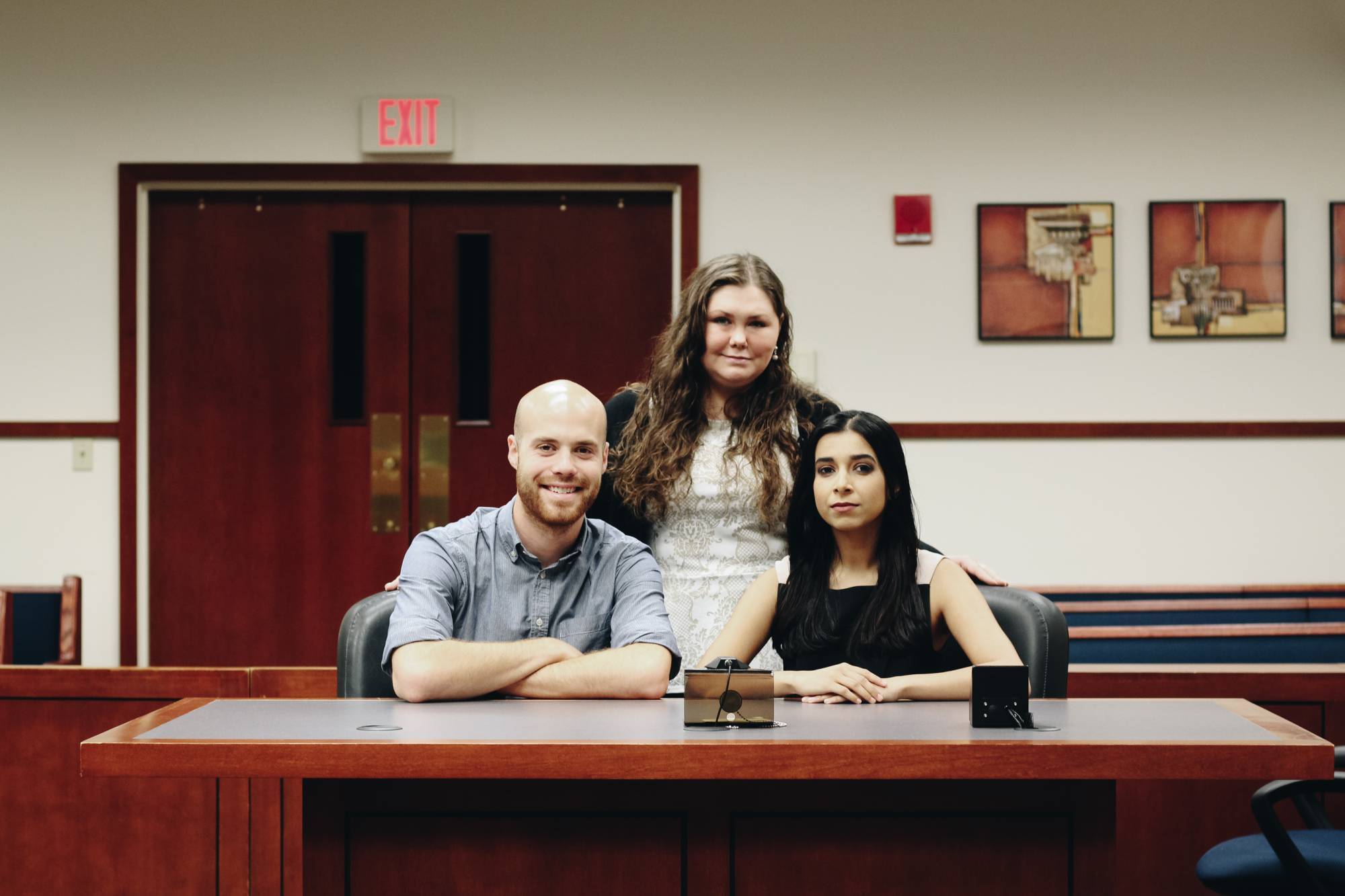
20 minutes. That is the amount of time given speak to victims of intimate partner violence before a protective order hearing. The process to get a protection order can be anxiety inducing, to say the least. It may be the first time a victim sees their abuser in person since the incident. It could be their first experience with a legal proceeding and, because many do not have the funds to hire an attorney, they are often afraid and confused. The victim could also face external pressures in the form of an aggressive attorney for the opposing side, unsupportive family, or threats from the perpetrator and their supporters.
As advocates for survivors of intimate partner violence, we must manage the person’s crises and focus them toward the hearing which is about to take place. To an outsider, those 20 minutes may not mean much. They can make a world of difference, however, for a person’s physical and emotional safety by providing them with the time and resources needed to transform from a victim to a survivor.
Perhaps the most important thing learned through repeated intervals of those 20 minutes is the effect of this work. While it is incredibly important, assisting one person to escape an abusive relationship will not fix widespread acceptance for intimate partner violence in our society. We dare to dream that one day we may live in a society where instances of intimate partner violence are strongly condemned. A society where instead of further traumatizing survivors, we embrace them and provide them with the resources they need to heal. A society where resources are plentiful. A society where survivors who ask for a protective order do not need 20 minutes in order to prepare navigating things such as: the victim blaming that is likely to ensue, the gaps in our legal justice system which are regularly manipulated by abusers to escape accountability, what to do if the interpreter is unable to correctly translate critical evidence, or to make instantaneous decisions juggling their children’s conflicting rights to grow up with two parents, and not to witness violence, with the survivor’s own right to safety.
20 minutes. Each minute precious in listening to the survivor’s priorities and providing options in a way that protects their right to do what has often been stolen from them for so long – to make choices. Choices to decide their own path, to begin building self-worth, to seek safety, to speak out despite their fear, to model for their children what is acceptable, and a choice to hope.







